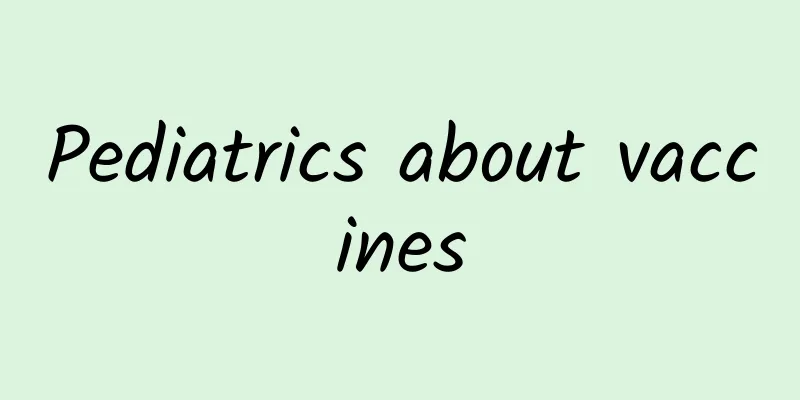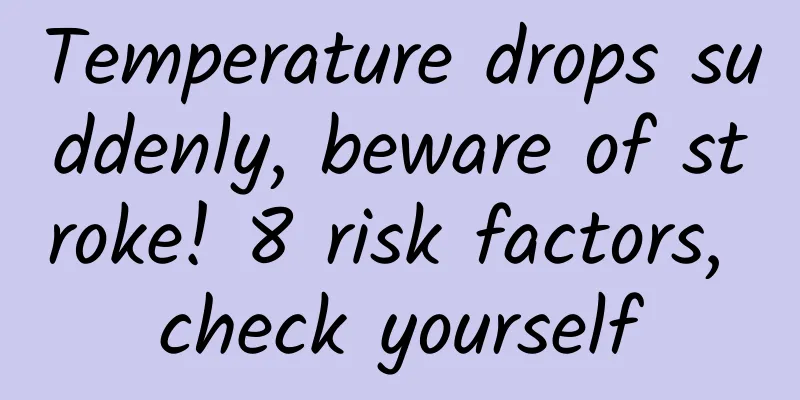Pediatrics about vaccines

|
In 2020, the new coronavirus swept the world. Vaccines, as one of the effective means of prevention, have received widespread attention from the public. However, the launch of the COVID-19 vaccine unexpectedly raised some concerns. Rumors circulated on the Internet claiming that the vaccine cannot be used after it is launched and that it is being tested on humans. Therefore, I would like to take this opportunity to share with you the research process of the vaccine. As a medicine, vaccines, like other drugs, do need to undergo clinical trials before they can be marketed, which are divided into three phases. Phase I clinical trial: preliminary clinical pharmacology and human safety evaluation test. The test subjects are 20 to 30 healthy people, observing the human body's tolerance to the new drug and pharmacokinetics, providing a basis for formulating a dosing regimen. Phase II clinical trial: preliminary evaluation stage of therapeutic effect. Its purpose is to preliminarily evaluate the therapeutic effect and safety of the drug on patients with target indications, and also to provide a basis for the design of Phase III clinical trial research and determination of the dosage regimen. The subjects of the trial are no less than 100 patients with target indications. Phase III clinical trial: The stage of confirming the therapeutic effect. Its purpose is to further verify the therapeutic effect and safety of the drug on patients with the target indication and evaluate the relationship between benefits and risks. The subjects of the trial are no less than 300 patients with the target indication. From this we can see that before being put on the market, new drugs have undergone multiple rounds of safety and effectiveness verification in humans. Currently, the vaccination age range for the new coronavirus vaccine in my country is 18 to 59 years old, and children cannot be vaccinated for the time being. Therefore, we would like to remind everyone that during the epidemic, children must wear masks, wash their hands frequently, avoid going to crowded places, and pay attention to protection. Although children are not currently covered by the new coronavirus vaccine, they are no strangers to vaccines. They have been protected by a variety of vaccines since the day they were born. The working principle of vaccines is not difficult to understand. They are auto-immune preparations for preventing infectious diseases, which are made by artificially attenuating, inactivating or using genetic modification methods for pathogenic microorganisms (such as bacteria, rickettsia, viruses, etc.) and their metabolites. It retains the characteristics of pathogens that stimulate the human immune system and removes or reduces pathogenicity. When the human body comes into contact with this harmless pathogen, the immune system will produce certain protective substances, such as immune hormones, active physiological substances, special antibodies, etc. When it comes into contact with this pathogen again, the human immune system will follow its original memory and produce more protective substances to prevent the harm of the pathogen. After vaccination, when the vaccine reacts with the human immune system, fever may occur. Therefore, some children may experience fever and irritability after vaccination. However, the fever after vaccination is generally below 38.5℃ and does not last long. Here we remind all parents to avoid colds before and after vaccination. After vaccination, you should observe at the vaccination site for 30 minutes, drink plenty of water after returning home, and keep the vaccination site dry and clean within 24 hours to avoid infection. If you have a persistent fever for more than 3 days after vaccination and it does not improve, you need to seek medical attention in time. When you see a doctor, tell the doctor that you have been vaccinated recently to facilitate diagnosis. Since the vaccine will stimulate the immune system after entering the human body, if you are taking medicines that affect immune function, such as dust mite drops or hormone drugs, you need to inform your doctor in advance. The doctor will arrange the vaccination according to the medication situation or readjust the medication after vaccination. |
<<: Weekly medication points-Ordinary topical medications cannot be used for eye treatment
>>: "How many people do you want to kill before you can put down the cigarette in your hand..."
Recommend
Causes of ovarian cysts in little girls
Ovarian cyst is a common problem in women's b...
Can cervical fibroids become cancerous?
There are many types of gynecological diseases th...
Is it normal for body temperature to rise slowly after ovulation?
It is something everyone knows that women have me...
What is watery leucorrhea in gynecology?
Leucorrhea is a normal vaginal discharge for wome...
What does a false positive pregnancy mean?
Many women will find that when they test with ear...
What causes pelvic bloating?
Women's physical health problems have always ...
What is the best drink to remove moisture?
Excessive dampness is a disease in traditional Ch...
How to take Chinese medicine for cough in pregnant women
Pregnant women are a special group because their ...
Girls are not hungry but always want to eat
In fact, many female friends attach great importa...
Full set of inspection items for tire stop
Pregnancy is a very long process, during which pr...
Heavy menstrual bleeding
During menstruation, people will feel that they b...
How should women take care of their breasts?
Breasts are a place that can reflect a woman'...
My period is half a month late. What's going on?
The period was delayed for half a month. Everyone...
What is the specific examination of hysterosalpingography? Is it painful?
When checking hysterosalpingography for the first...
As a foodie, food allergies are really annoying.
One very ordinary evening, after dinner, Tadpole ...









